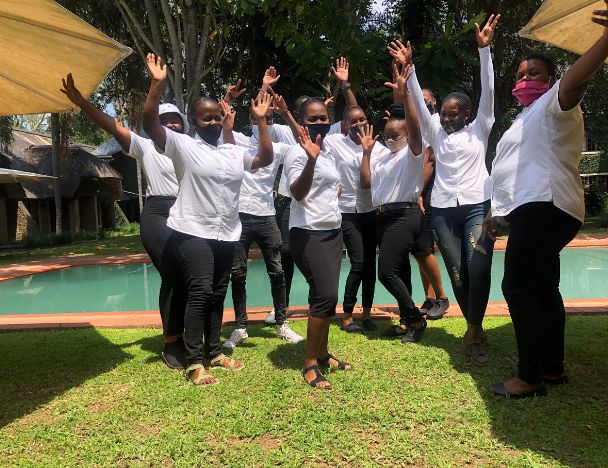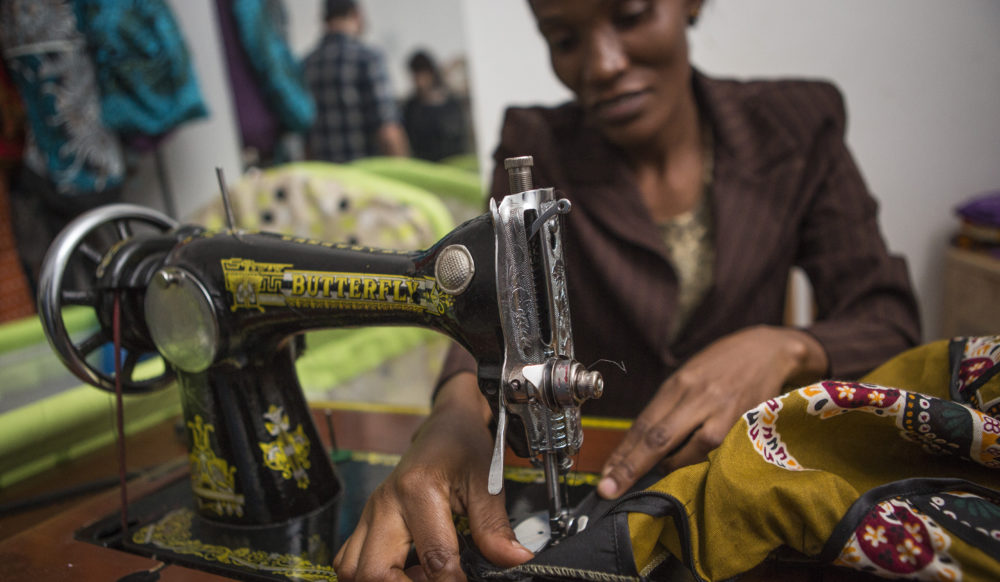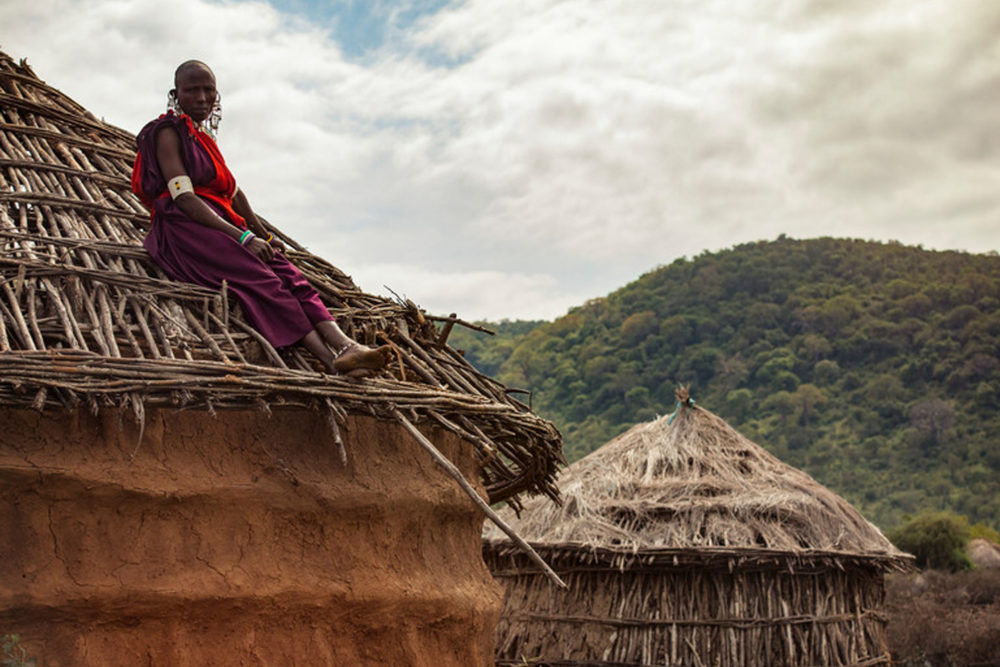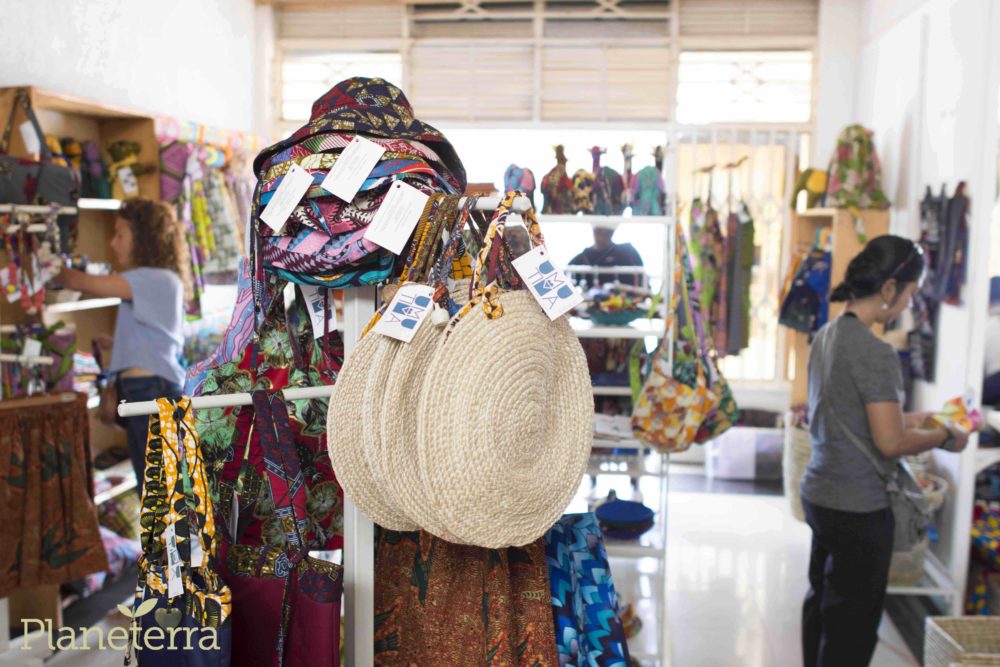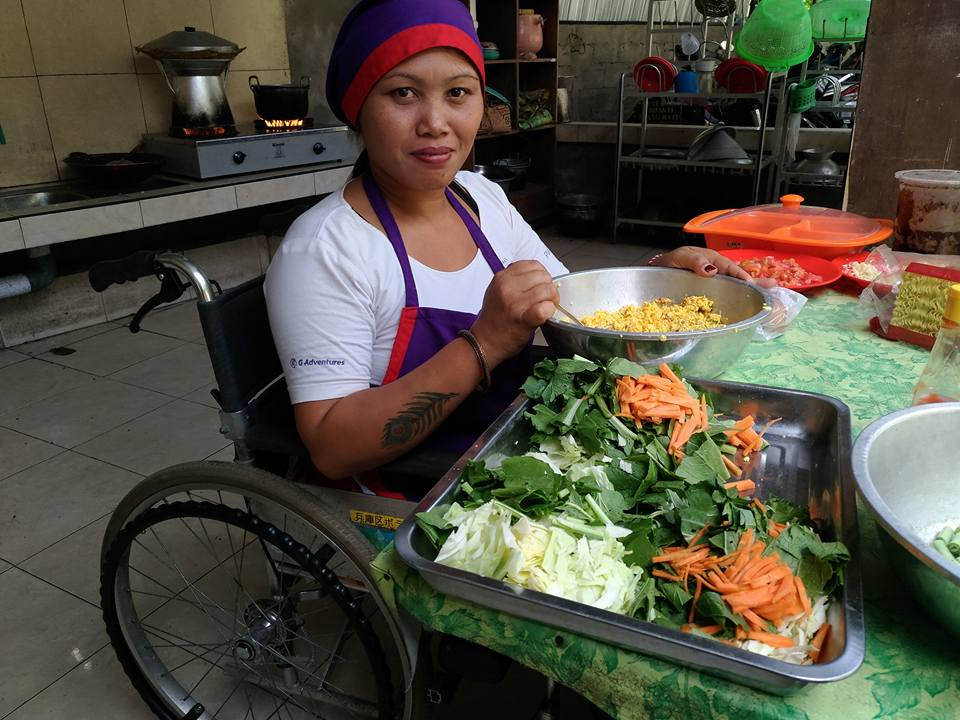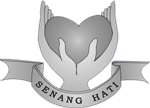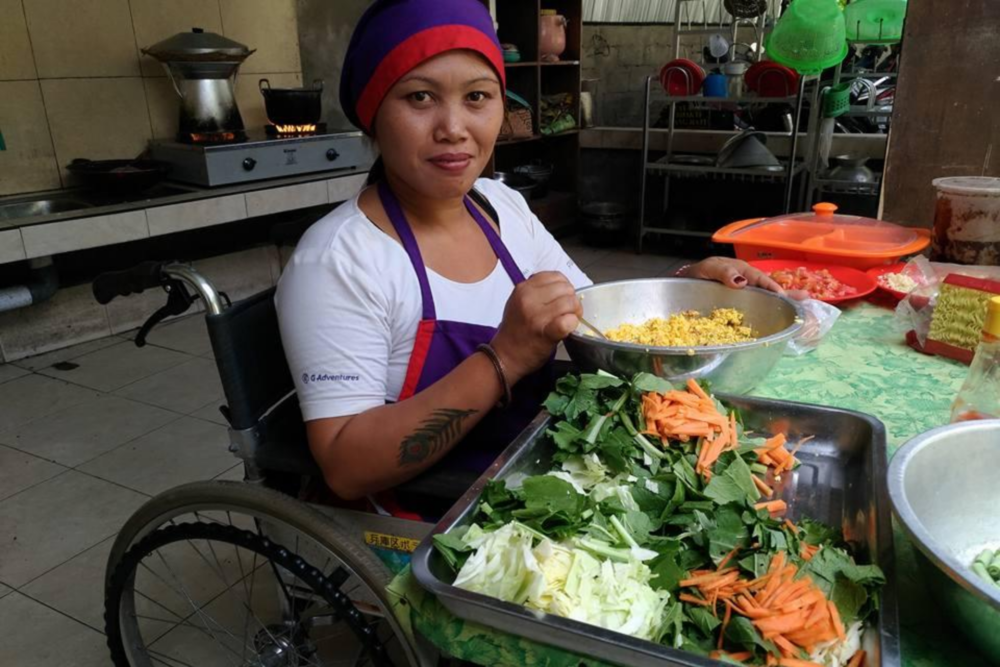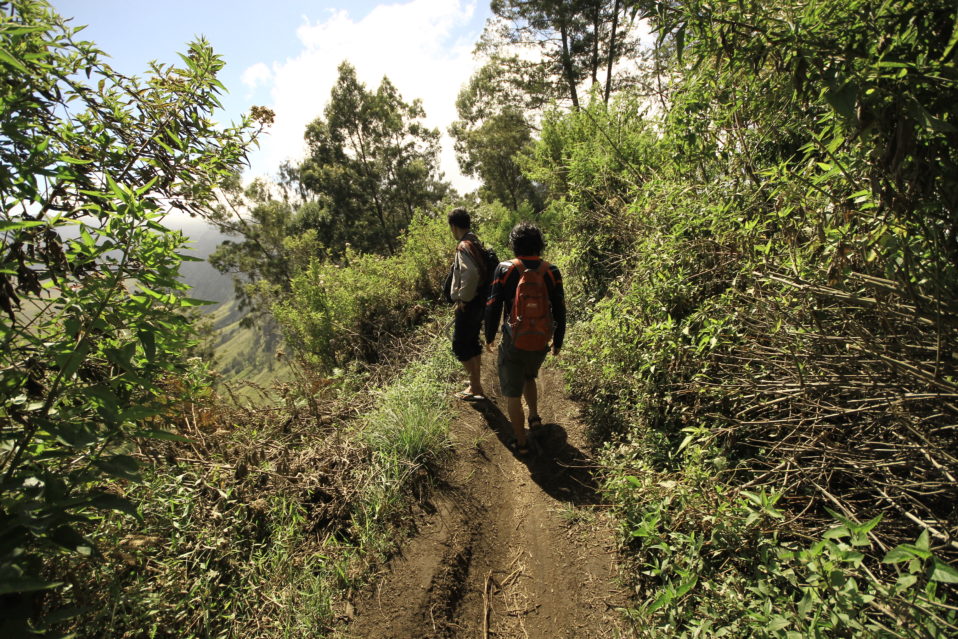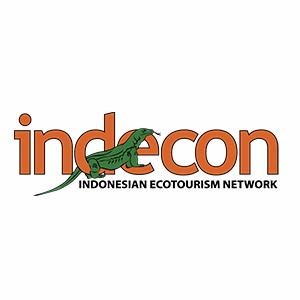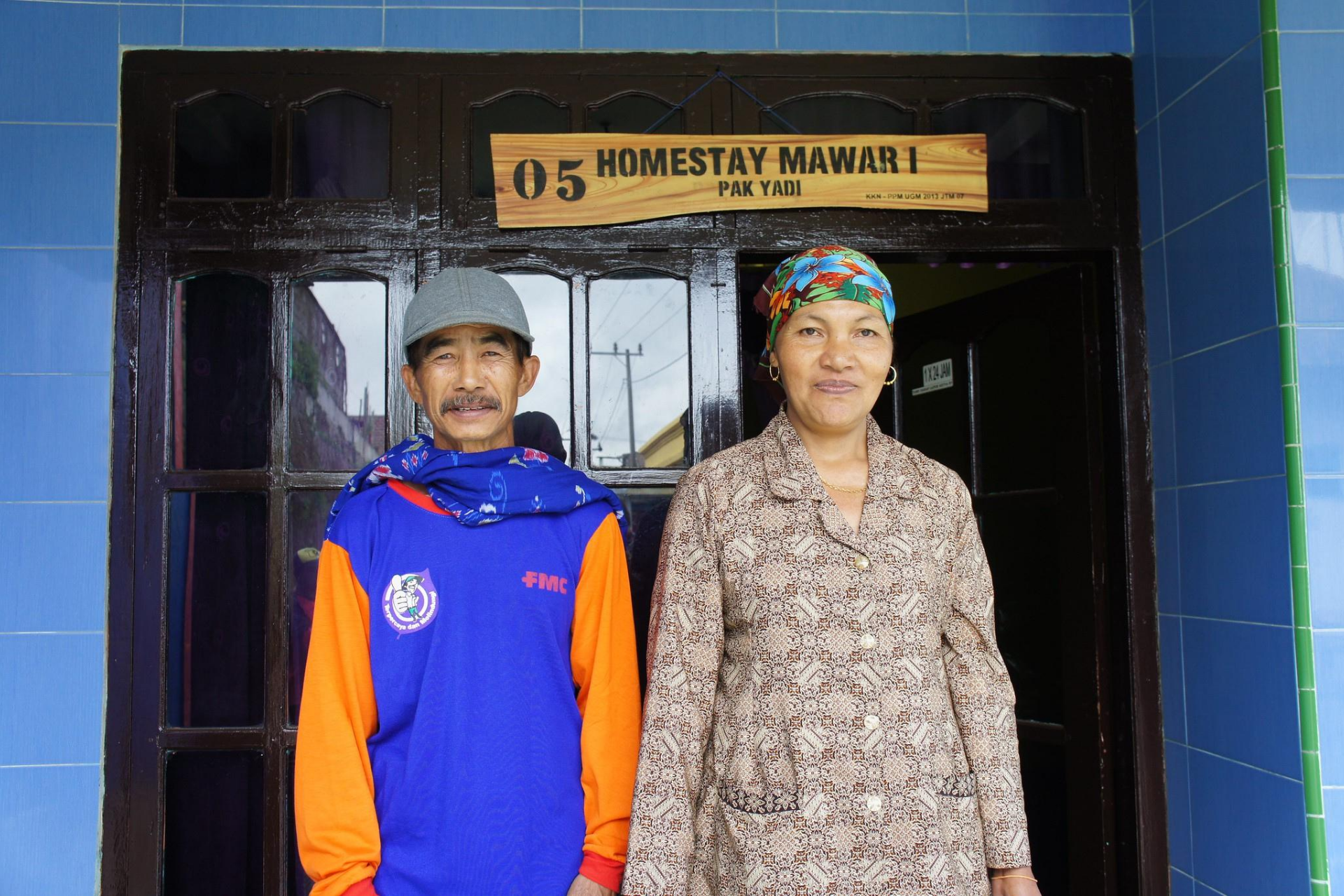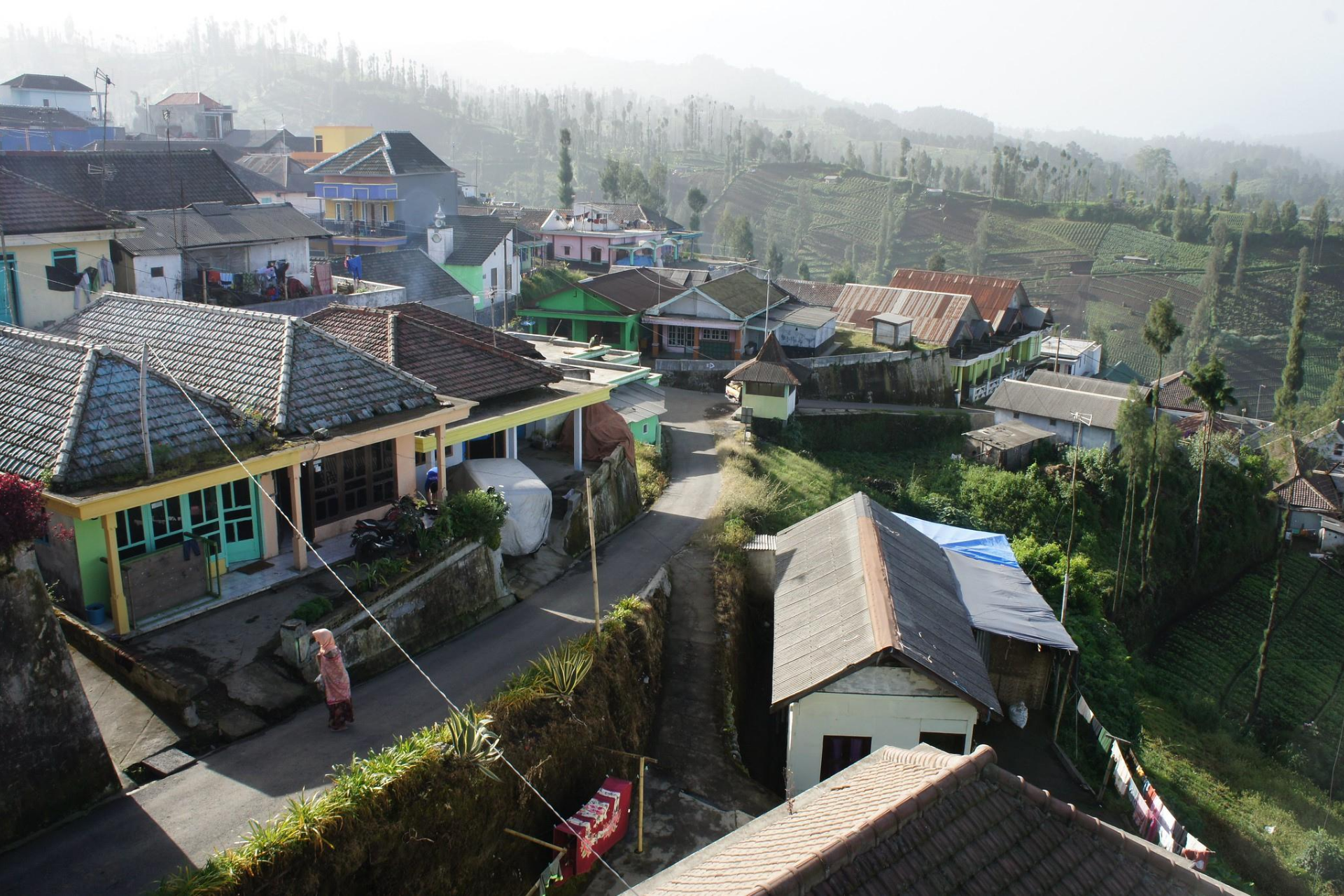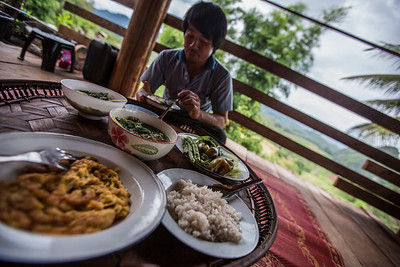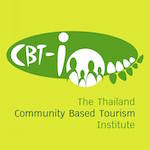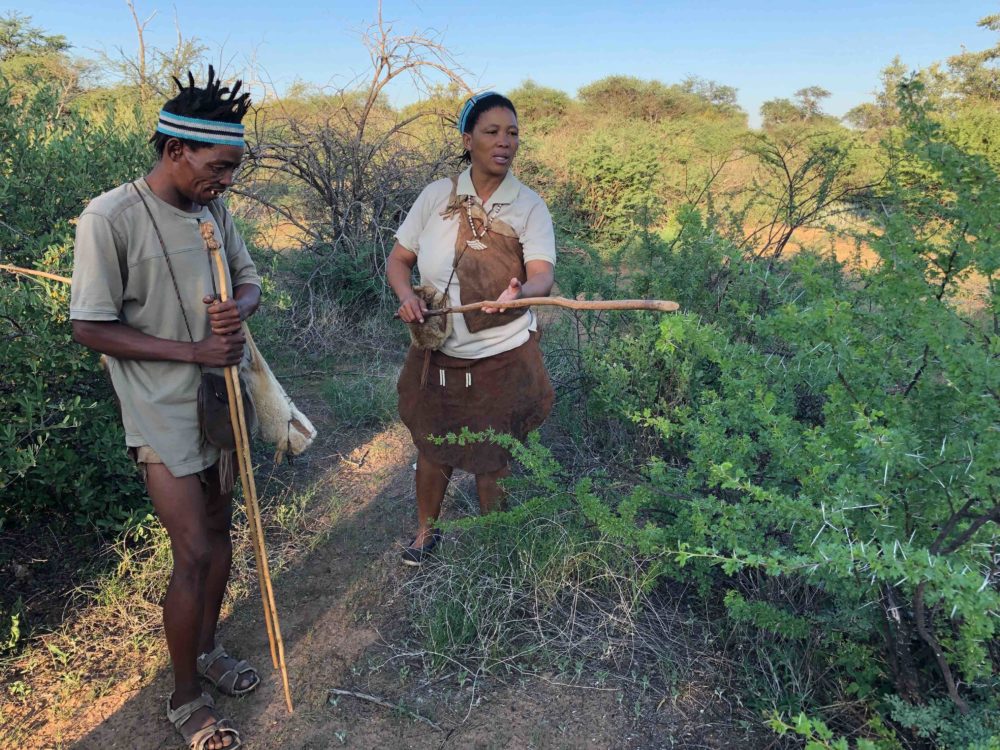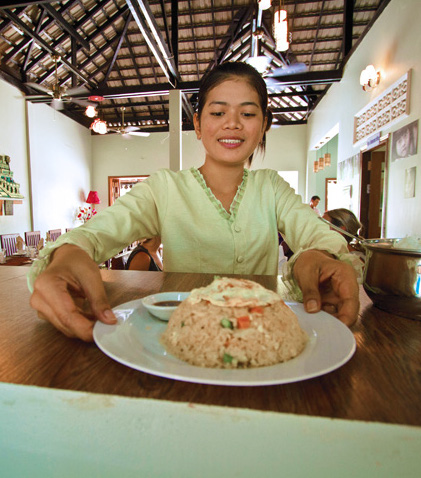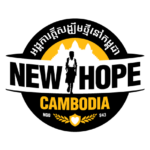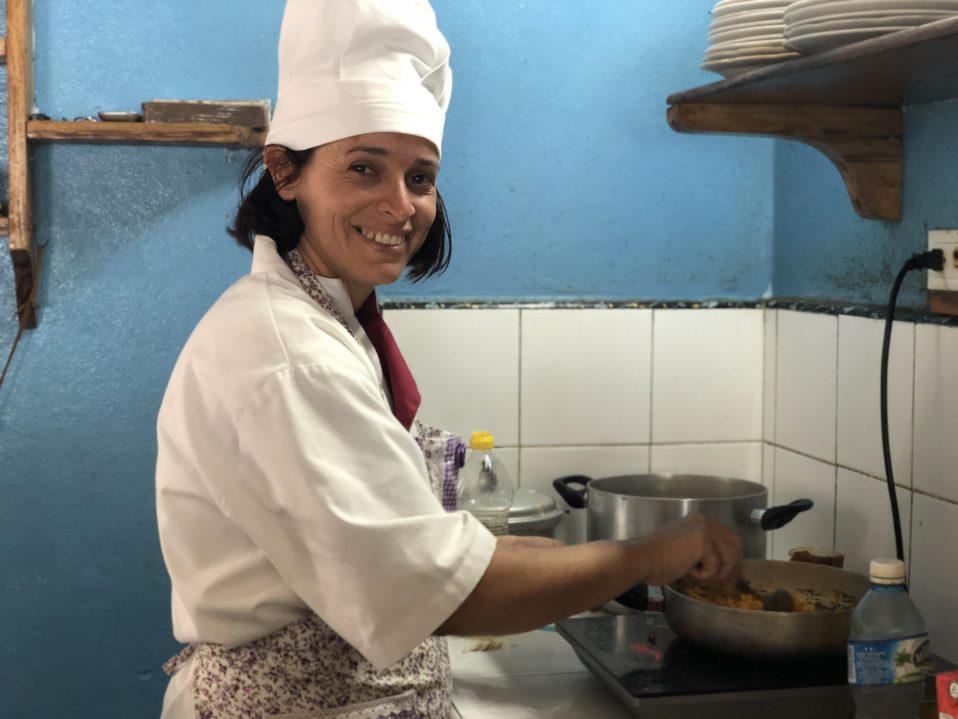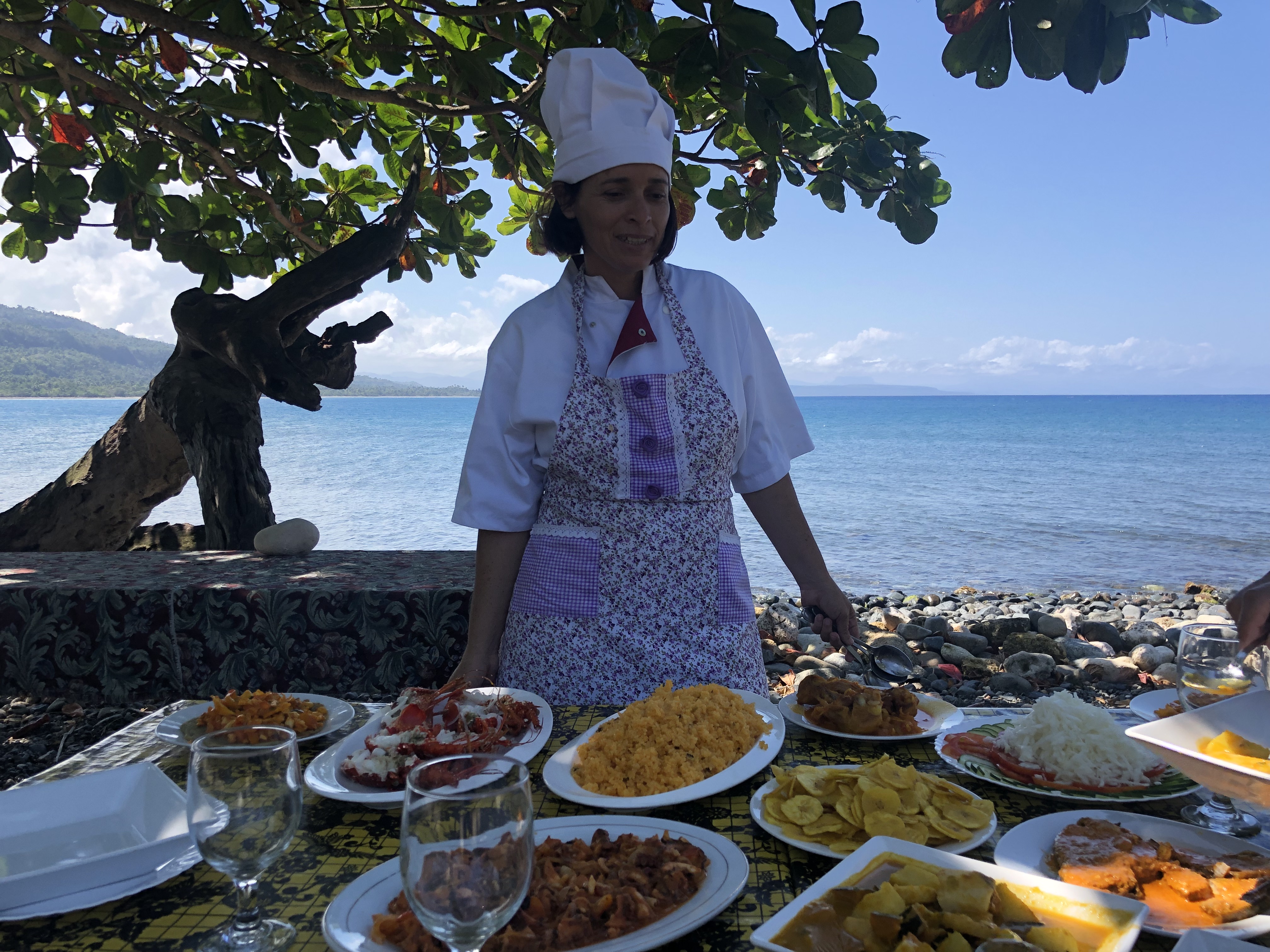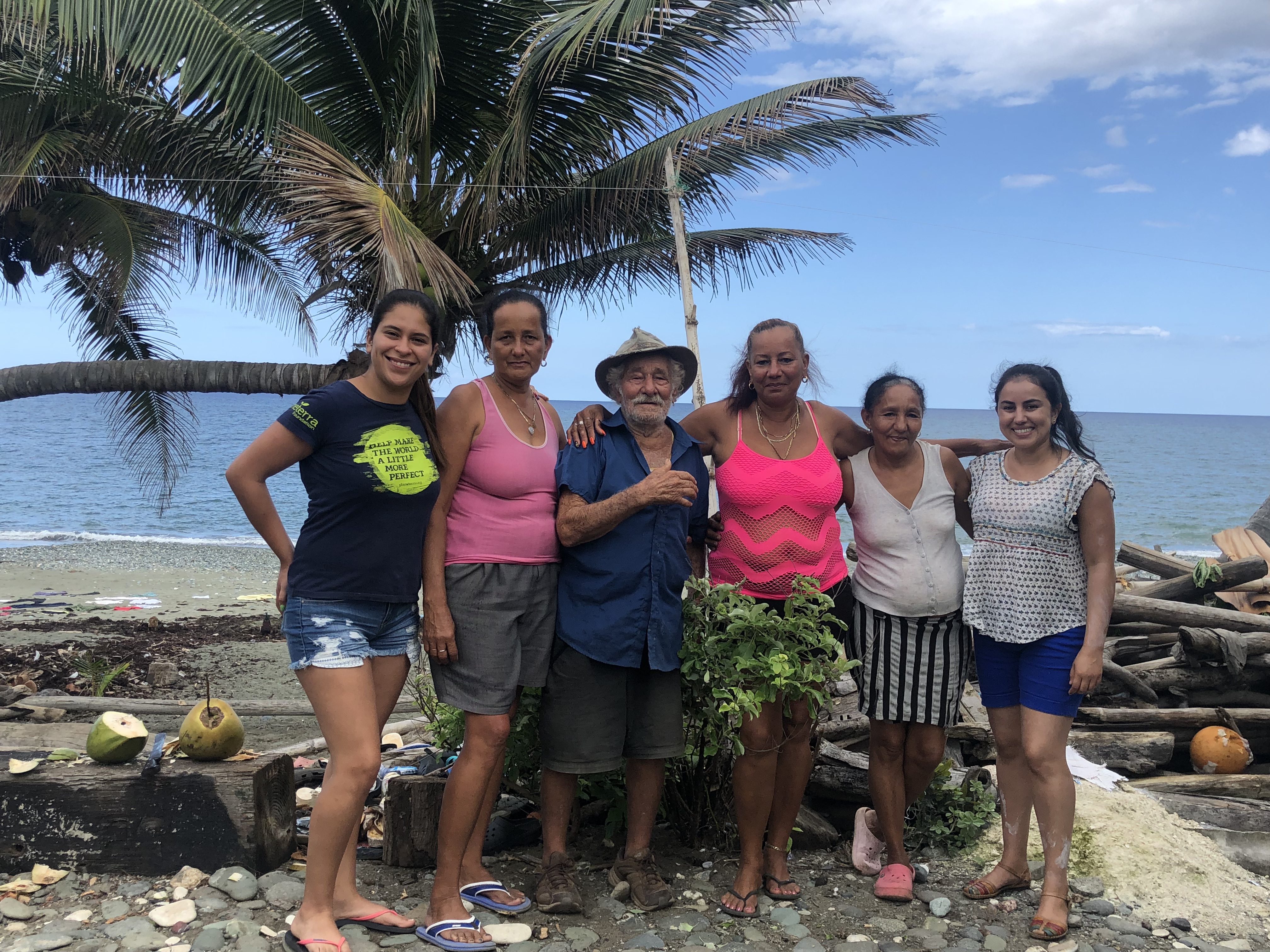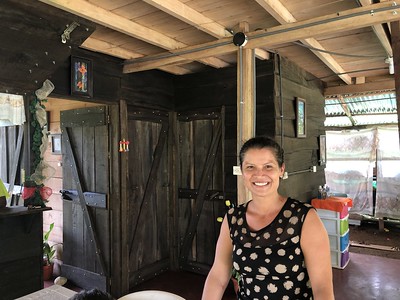Make a Difference Homestay
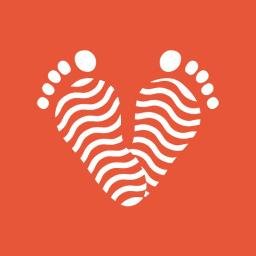
Impact
Through this partnership, 17 homestay families are able to receive additional income through tourism. Since this program began, members have been able to plant kitchen gardens and start chicken farms which provide food to travellers and increased food security to the community. The community has also launched a new MADster Chef program, improving their skills in cooking class delivery for guests


Critical Need
Maribojoc is a seaside community on the island of Bohol. There are 50 families that rely on fishing and farming for income. In 2013, Bohol was hit with a 7.2 magnitude earthquake, followed by typhoon Haiyan which devastated much of the country. During this time, many people in Maribojoc lost their homes. Gawad Kalinga, the Philippines’ largest non-profit organization, works to build homes for marginalized communities across the Philippines. Their social enterprise offshoot, Make A Difference Travel, has helped the community of Maribojoc develop the organization’s first community-run homestay.
Our Involvement
Working with Make A Difference Travel, Planeterra provided funds for training and to support home renovations, converting 17 homes into homestays. The program helped people rebuild their homes, install new washroom facilities, and develop skills in hospitality. Travellers visit and stay in the community, homestays, dine at the local restaurant, and experience a farm tour and mangrove-planting outing.




